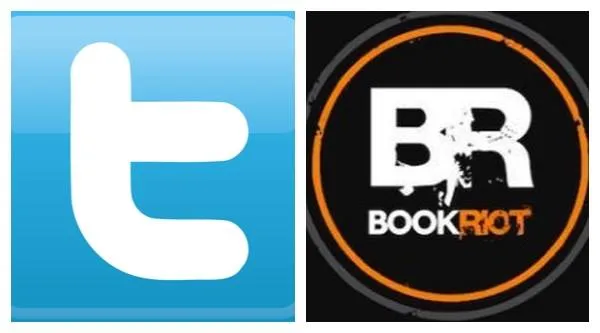
Why We Need Inclusive Lit, Not Just Diverse Lit
This content contains affiliate links. When you buy through these links, we may earn an affiliate commission.
A few weeks ago, I attended a small but well-attended author panel featuring Jenny Han, Isabel Quintero, and Jason Reynolds at the Tucson Festival of Books. The title of the panel was “Why Diversity Matters in YA,” but the moderator pointed out very early on that all three of the authors had a bit of a problem with the term “diversity.”
Each author broke down why they didn’t consider the word “diverse” an adequate term for the goal of literature as a whole. It pigeonholed different kinds of literature, and also led people’s thoughts to one particular idea. All of the authors thought it brought too much of the attention to racial diversity, and left socioeconomics, sexuality, and physical ability, among other traits, to the wayside. They all believed that racial diversity is certainly important, of course.
Jason Reynolds couldn’t find any books about himself when he was growing up and basically didn’t read until he was an adult. The books he’s written, including When I Was the Greatest and The Boy in the Black Suit, are his response to that: current narratives about boys he might have been or known had he been a teenager in New York’s Bed Stuy neighborhood today. Isabel Quintero (Gabi, A Girl in Pieces) and Jenny Han (To All the Boys I’ve Loved Before) both had different stories as the children of immigrants, but as Quintero said it: hers was an experience, not the experience. And their work reflects that as well as they can. Not all Chicano families have a history of working in the fields. Not every half-Asian girl going through a coming-of-age crisis is going to have to deal with racial stereotypes on a regular basis. Those are important stories, but they shouldn’t be the only stories told about any group of people whose primary similarity is superficial.
But it was the word that Jason Reynolds threw out when asked with what word they might replace “diversity” that really reached me. Inclusivity. That was a word that truly marks my experience, and it’s one that makes a lot of sense in the concept of publishing for young readers. For all readers.

Inclusivity: the fact or policy of not excluding members or participants on the grounds of gender, race, class, sexuality, disability, etcBreak it down even further.
Inclusive: including a great deal, or including everything concerned; comprehensive.Comprehensive representation of everyone. Damn. That’s perfect. And I can really see where he’s coming from. To many people, diversity is still something that they can leave on the perimeter. Diversity is “hey look at all those Black/Latino/Asian-American/LGBT/differently abled people in those books over there, I’m going to point you toward them and stay here.” They’re saying “look, they’re there, but they’re not what I read.” The word “inclusive” is one that I’d never considered, but it takes the idea of diversity–more books about different cultures, different stories, different abilities, different points of view–and brings them together. Obviously, this is not a call for a thousand YA novels about black gay transgender blind boys growing up in the Midwest. I would so read that, though. No, this is a call for more stories. Period. They are being written by people who have lived those experiences. They are being considered by people who haven’t, but are interested in tackling that point of view. And recently, they are being heavily called for by members of society who don’t see their voices or the voices of their children telling stories like their own. Labels are important, but so are the stories behind those labels. The sooner we move away from the idea of “diversity” simply being about publishing more “Black books” or more “Latino books” or “LGBT books” or “books about fat girls” and think about the inclusion of all kinds of stories–stories about people like Quintero’s Gabi, or Han’s Lara Jean or Reynolds’s Matt–the sooner the melting pot of the American Ideal can be realized in our own contemporary literature. The idea of diversity in literature is a good thing. We like seeing more stories about more kinds of people. But we need to go one step forward. The world as I see it isn’t separated into tiny groups any more. So why should our stories be? ____________________ Follow us on Twitter for more bookish goodness!










